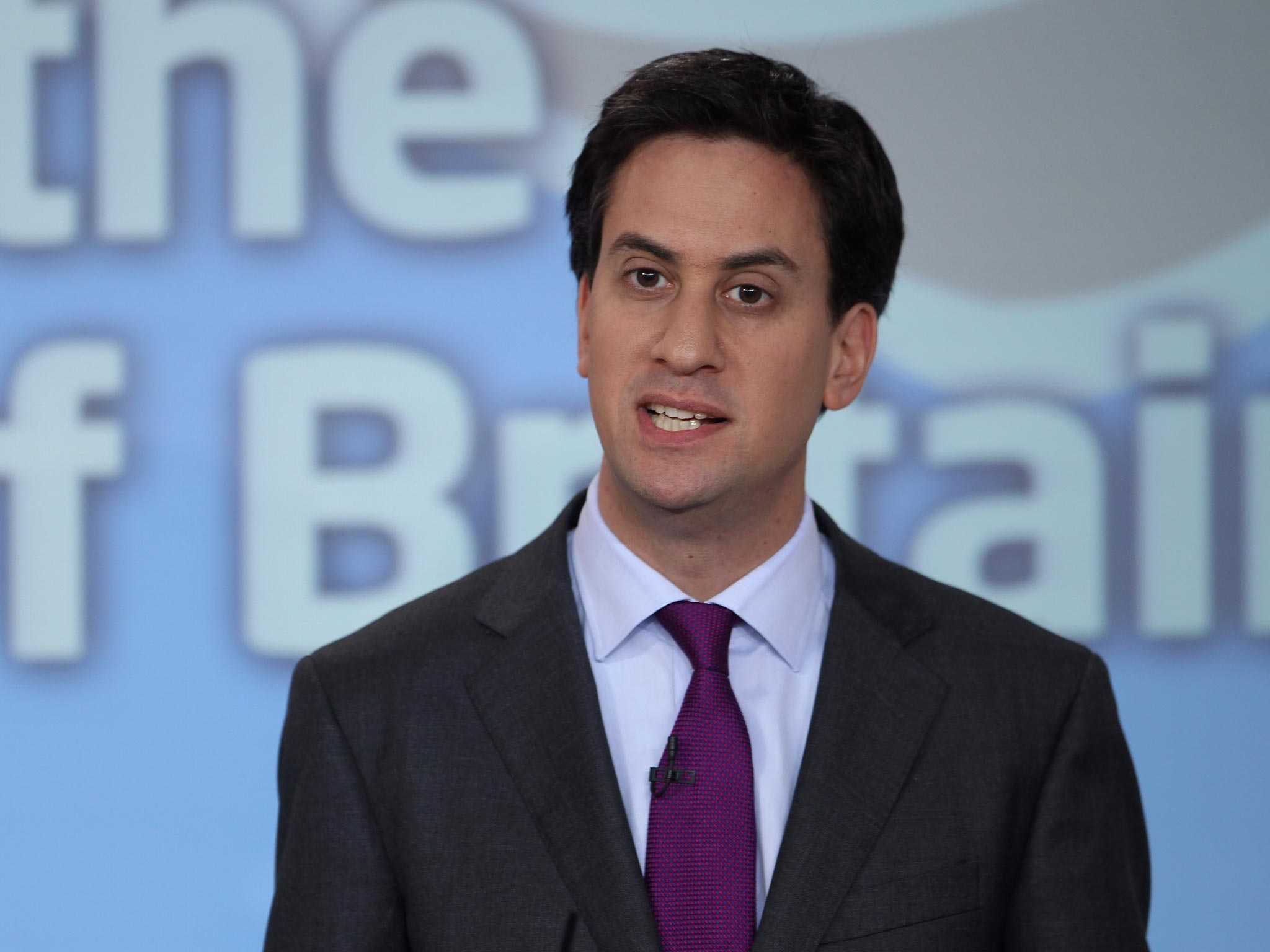Would it kill Ed Miliband to start listening to captains of industry?

Big business has plenty of reasons not to like Ed Miliband. His pledges to reform how energy is sold, pounce on unused land and cap banks’ market share if Labour is elected next year would mark a period of unprecedented intervention that has sent a shiver down bosses’ spines.
Already there is evidence that such talk is stopping overseas investors in Britain in their tracks.
An anecdote I picked up from a chief executive this week is just as disturbing. He recounted an encounter with Miliband that left him distinctly underwhelmed. The Labour leader was meeting a round table of bosses. He didn’t chair the gathering, made no opening remarks and gave the impression he had only turned up because someone told him he should. Worse still, no-one from his retinue appeared to be taking note of what was being discussed. It’s not an isolated incident. Someone else related an almost identical event to me a few weeks ago.
Labour is not the natural bedfellow of big business. Tony Blair’s blue-chip charm offensive looks like an aberration in hindsight. But the chief executive contrasted the Miliband encounter to one with Gordon Brown when he was prime minister. Brown was well-briefed, listened intently, took notes and barked at an aide to get things moving before the meeting had concluded.
Much has been written about Miliband’s presentational problems. And of course he doesn’t need to win over business leaders to get elected. But they do come in handy, given that they have billions at their fingertips to invest and create jobs. Remember the old Labour Isn’t Working posters? As far as Corporate Britain is concerned, Labour Isn’t Listening might be more appropriate this time around.
Summertime and the living is far too easy in the office
August is the month for apologies in the business world. Bosses that haven’t quit the capital yet for a yacht in the Mediterranean are almost contrite at being found in the office.
My lunch date on Monday was sorry for making me think I was late when I caught him waiting at the table a full 20 minutes before he was due to be there. His excuse was that the volume of traffic through Mayfair was so thin he couldn’t avoid being early and twiddling his thumbs.
Elsewhere, drinks that might be normally booked for 6.30pm are scheduled at five o’clock. Sparsely-filled diaries mean even the most social of corporate socialites are getting home a bit sooner.
Even London’s white-collar army betrays signs of wanting to be somewhere else. The banking and accountancy worker bees sporting open-collared shirts and chinos outnumber the suited and booted as the tube trains empty out at Canary Wharf.
One chairman expressed surprise to me that his audit committee meeting had been scheduled for the depths of summer and confided that almost all of the committee members would be dialling in from abroad.
Corporate life goes on, thanks to a BlackBerry stashed in the beach bag, but then only the bare minimum gets done. What is the advantage of not heading off on holiday at this time of year? Few of the very few people I encountered out and about this week could think of one. Perhaps tying up loose ends, quietly plotting, or just getting ahead before the back-to-work buzz.
One chairman told his top team a few years ago to regard September as they would the New Year: hit the ground running, make some resolutions, clean the slate. That’s fine, but only works after a decent interlude to down tools.
Richard “Dick” Handler, the boss of the Jefferies investment bank, has tried another tack. He sent out an email to his Wall Street faithful with 10 life lessons he wanted them to soak up along with the sun rays.
What might have been a long reading list turned out to be the titles of made-up books they had to imagine flipping through. Sample titles: It Really Is That Easy, Misguided Brand Envy, Nobody is Immune and Only the Third Inning (subtitle: Why there is so much work yet to be done at Jefferies and why nobody should be satisfied or complacent). Relax? They nearly did.
Trade bodies should worry when the traders go it alone
When is a trade body not a trade body? When its tradesmen and women start giving up on it. While the Association of British Insurers still has a powerful voice, it has become quieter with the exit this week of Legal & General as a member.
Nigel Wilson, L&G’s chief executive, dropped a big hint that something was up when I interviewed him in June. It was clear the keen runner might not go the distance with the ABI when he called on it to “become a more forward-looking organisation”.
Trade bodies can only move as fast as the slowest members. Most of them are run by former PR men or lobbyists. That is because they must promote the industry’s point of view at every opportunity, but they also need the skills to keep the peace internally too.
Where once it set the tone on a range of big issues, the ABI has lost its way over the last five years. The insurance industry looked out of the loop at Budget time, when George Osborne dropped the bombshell that he was scrapping the need for retirees to buy an individual annuity. All trade bodies struggle constantly to keep membership numbers up. L&G’s confidence in striking out alone gives many of them food for thought.
Join our commenting forum
Join thought-provoking conversations, follow other Independent readers and see their replies
Comments